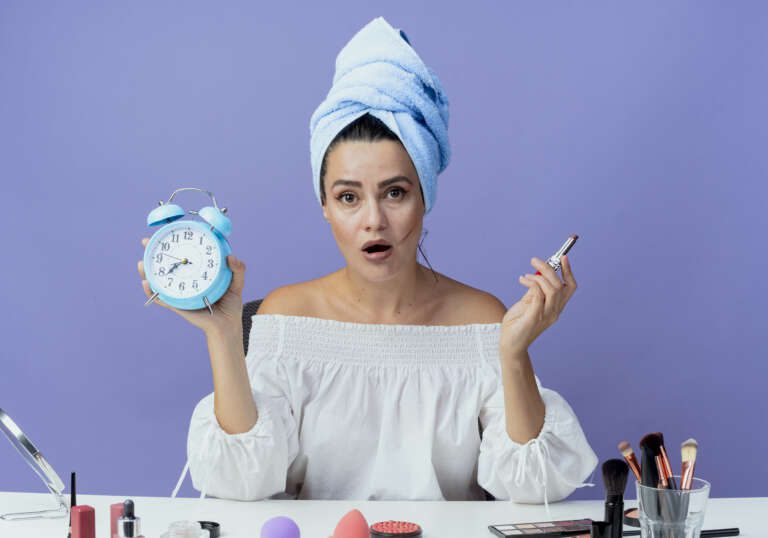How to Get Enough of Each Vitamin and Mineral for a Balanced Lifestyle
Ensuring your body gets all the essential vitamins and minerals it needs is key to maintaining good health. In this blog, we’ll explore how to get enough of each vitamin and mineral, as well as other healthy habits like managing stress, eating a nutritious diet, and protecting your skin.
Eat a Healthy Diet
One of the easiest ways to get enough vitamins and minerals is to eat a healthy, balanced diet. Incorporate a variety of colorful fruits, vegetables, whole grains, and lean proteins into your meals. Foods like leafy greens (spinach, kale) are packed with vitamins such as A, C, and K. Nuts and seeds provide essential minerals like magnesium and zinc.
How to get enough of each vitamin and mineral through food? Focus on whole, unprocessed foods to ensure your body is absorbing the nutrients it needs. A well-rounded diet not only helps you stay healthy but also provides long-term energy and immune support.
Take Supplements
Even with a well-rounded diet, it can sometimes be hard to get enough of each vitamin and mineral. That’s where supplements come in. Consider taking multivitamins or specific supplements for nutrients you’re lacking, like Vitamin D or Omega-3 fatty acids.
When you take supplements, it’s essential to consult with a healthcare provider to ensure the correct dosage and to avoid any potential side effects or interactions with other medications.
Use Sunscreen
It’s important to use sunscreen daily to protect your skin from harmful UV rays, but did you know that sunscreen can also block your body’s ability to produce Vitamin D? While using sunscreen is vital for skin health, you may need to supplement Vitamin D, especially if you live in an area with little sunlight or spend most of your time indoors.
Make sure to get enough sun exposure for about 10-30 minutes daily to allow your body to naturally produce Vitamin D, but balance it with sunscreen to avoid skin damage.
Wear Loose Clothing
Wearing loose clothing made from natural fibers like cotton helps your skin breathe and reduces irritation. This is especially important for those with sensitive skin. In warmer weather, wearing loose clothing can also protect you from excessive sweating, which can lead to skin rashes and discomfort.
Manage Stress
Stress can negatively impact your body’s ability to absorb nutrients and maintain a healthy immune system. When you manage stress, you’re not only helping your mental health but also improving your physical well-being.
Try incorporating stress-relief techniques like yoga, meditation, or deep breathing exercises into your routine. This not only improves your mood but also aids in nutrient absorption and digestion, helping you get enough of each vitamin and mineral from your diet.








Leave a Comment